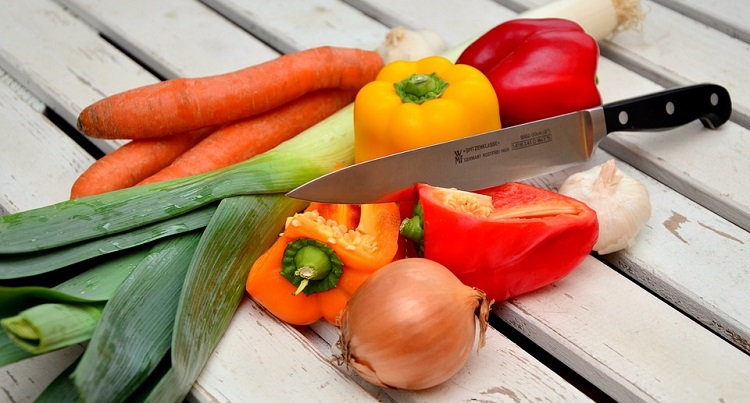Friday 7th June marked the United Nations’ inaugural World Food Safety Day. Its aim was to make us all realise that food safety is everyone’s problem. Here at NRI we agree 100%.
Everyone has the right to safe, nutritious and sufficient food, but the UN calculates that every year almost one in ten people in the world falls ill after eating contaminated food, stating, “Food-borne illnesses are estimated to be responsible for 420,000 deaths annually– 125,000 of them in children under five - every year, with people in Africa and Southeast Asia suffering the most.”
 For half a century, NRI staff have been training students in different aspects of food safety. Our postgraduate programmes are for people across the entire food system network; that means anyone who grows, handles, processes, prepares or sells food can benefit from our expertise. Our three award-winning taught programmes in this area are:
For half a century, NRI staff have been training students in different aspects of food safety. Our postgraduate programmes are for people across the entire food system network; that means anyone who grows, handles, processes, prepares or sells food can benefit from our expertise. Our three award-winning taught programmes in this area are:
Applied Food Safety and Quality Management MSc/PGDip/PGCert: this programme benefits from direct input from food sector experts. Students become associate members of the IFST (Institute of Food Science & Technology) and undertake HACCP (Hazard Analysis and Critical Control Points) training. This course boasts a 100% employment rate for former students.
Food Safety and Quality Management (e-learning) MSc: this flexible e-learning programme is perfect for anyone who cannot commit to full time or on-site learning. It combines the best of NRI’s experience of food value chains and enhances skills and industry knowledge.
Food Innovation MSc: this is all about learning how to design the next big food trend, from concept to product launch. Students leave with new skills, tools, creativity and knowledge of sustainability within the food chain and then go on to develop practical solutions, value-added products and processes within the food industry.
Food safety is not just limited to preparing, cooking and eating: the UN outlines how safe food is critical to the 2030 Agenda for Sustainable Development. “When food is not safe, it negatively impacts our food  security and nutrition, health, the development of children and the ability of adults to lead productive lives. Food safety has a significant impact on trade and the economy. Food trade represents approximately 10% of total international trade. Recent estimates indicate that unsafe food costs low- and middle-income economies around US$ 95 billion in lost productivity each year.”
security and nutrition, health, the development of children and the ability of adults to lead productive lives. Food safety has a significant impact on trade and the economy. Food trade represents approximately 10% of total international trade. Recent estimates indicate that unsafe food costs low- and middle-income economies around US$ 95 billion in lost productivity each year.”
Apply to NRI’s study programmes today, make every day a food safety day!
To find out more about:
Applied Food Safety and Quality Management MSc/PGDip/PGCert

